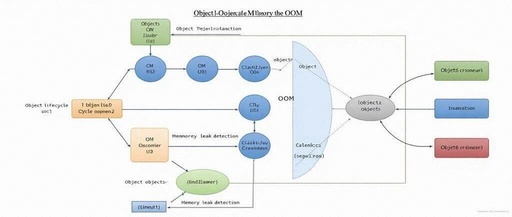Practical Analysis of C++ Type Traits Programming
Practical Analysis of C++ Type Traits Programming In C++, type traits are a powerful tool that allows us to query and manipulate type information at compile time. By using type traits, we can achieve more flexible and reusable code. This article will provide a detailed introduction to type traits in C++, including their basic concepts, … Read more




